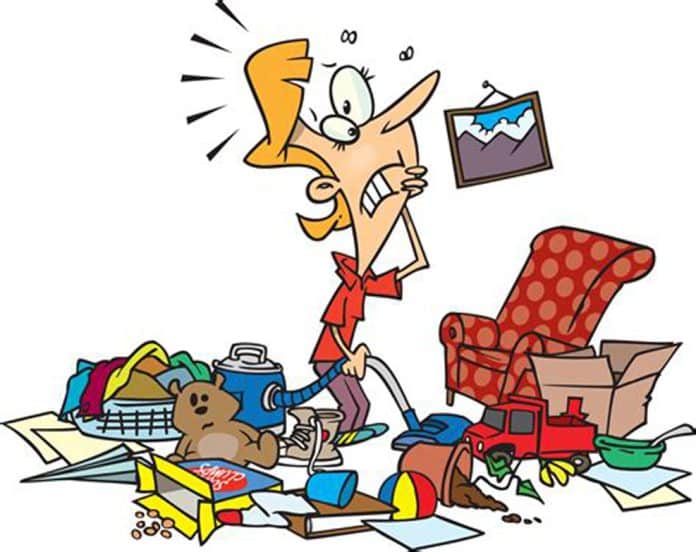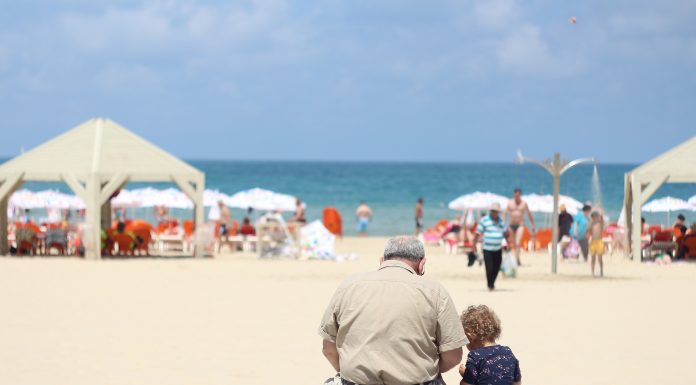Once someone passes on, others are left to dispose of belongings and clear up the affairs. Here is an orderly take on how to do this.
- Gather All The Important Documents.
Hopefully, they have already put all their personal papers and important documents together in one location but if they haven’t you will need to hunt down these documents and shred any you will not be keeping. Make sure to get 12-15 copies of the death certificates. Most of these places will require them.
- Credit card statements
- Recent bank statements
- Tax forms. Keep 6 years’ returns
- Utility bills
- Insurance policies
- Social security card
- Keep home improvement receipts
- Mortgage payments or House Deed
- Car registration
- Paperwork for any expensive jewelry and/or artwork
- Usernames and passwords for online accounts
2. Contact Creditors and Services To Pay Bills
- Put together a list of credit card companies, services the person used such as pest control, housekeepers, gardener, newspaper, various subscriptions etc.
- Then go through this list to contact them to either cancel them or make other arrangements to maintain them as long as needed.
- Don’t forget to pick up their the mail or have it forwarded to you.
3. Contact Any Living Relatives. They are sure to have opinions!
4. Contact An Attorney of Record.
That would typically be the one who put together the will. If there is no will – then you should also contact a law attorney to help you through property settlement. You are now ready to start sorting and sifting through the property once it is legally settled.
5. Begin With Less Personal Spaces.
Tackling the task of decluttering an elderly parent’s home can seem overwhelming, so it’s often best to start with less personal spaces. These might include areas like the garage, kitchen, or laundry room.
6. Change Is Not Easy For Elderly.
If there is a survivor, generally speaking, change is very difficult for older adults. There may be fear of loss of independence, friends, or family.
7. Create A De-cluttering Plan.
Write down the order you hope to do things. Having a plan, even if it’s not adhered to 100% it’s better than just winging it: The combination of the physical labor and the emotional upheaval that can occur during de-cluttering can be overwhelming and fatiguing. Know that it will probably not get done as quickly as you might like.
8. Distribute To Family Then Friends.
Make sure that family has the first choice of things they want and distribute it equitably. If you have friends and family who can use or want any of the items that you have, then give it to them if you are not using it.
9. Sell Items of Value.
This may be after the fact, but if you think you are going to have to do this job, see if you can go over valuable belongings and attach Post-It Notes to them with some identification and/or value. before the death. Look for places such as these to which to sell them on line:
- Antique Stores
- Auction Houses
- Jewelers
- Book Vendors
- Consignment Shops
10. Donate To Charities
- Goodwill or Salvation Army.
- Pet shelters need blankets,
- EBay r Craigslist bowls, litter boxes, etc.
- Women’s shelters help women who can use furniture, bedding, clothing, children’s toys, etc.
If there are staff or service people who have served the deceased well, you may want to include them in picking up items they might want
11. If Allowed, Hold An Estate Sale.
This can be a lot of work and some condominiums or apartment units do not permit this. for security reasons.
12.When Down To Worthless Items
- Then it is time to call a trash hauler such as 1-800-Got-Junk.
13. Engage A Real Estate Agent.
If the plan is to sell the house then you may hire a real estate agent to manage the job. They can advise you on repairs to make and whether to stage the home for best results.
14. Give Yourself A Pat On The Back.
This is always a formidable task.


























